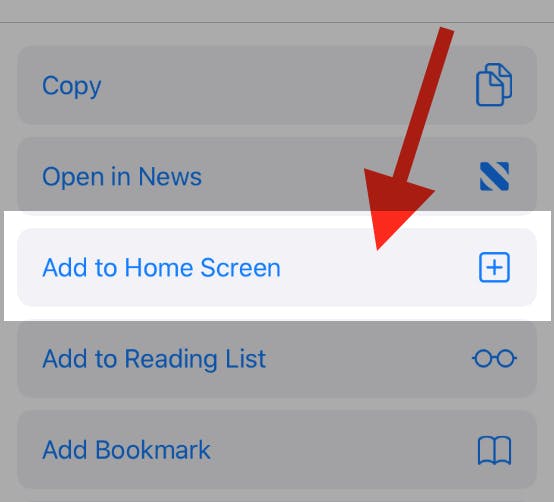
In this article I will be discussing how the Americans with Disabilities Act (ADA) affects all websites. This article is not about the ADA, but rather, it is about the law and how it applies to websites. The ADA has been in effect since July 26, 1990, and is a civil rights law that requires public entities such as libraries, hotels, schools, etc. to make their facilities accessible to disabled individuals. This article is intended to provide you with a basic understanding of the ADA and how it relates to websites.
What is the Americans with Disabilities Act?
The ADA was enacted to protect the rights of disabled individuals by requiring public entities to make their facilities accessible to them. In other words, the ADA protects the rights of disabled individuals by ensuring that public entities such as libraries, schools, hospitals, etc. make their facilities accessible to disabled people.
The ADA applies to any public entity that owns, leases, or operates a place of public accommodation. A place of public accommodation is defined as any building, facility, transportation facility, park, or place open to the general public.
What is "reasonable modification"?
The ADA defines "reasonable modification" as "modification of rules, policies, practices, or services when such modification is necessary to afford goods, services, facilities, privileges, advantages, or accommodations to individuals with disabilities."
The term "reasonable modification" is a very important term in the ADA because it means that a business must make changes to its facilities if they are required to do so by the ADA. The reasonableness of a modification is determined by looking at all the facts and circumstances surrounding the particular situation.
What is an "accessible website?"
A website is considered "accessible" if it meets certain requirements. The most common requirement is that the website must be accessible via the World Wide Web. The website must also be available to users who use assistive technologies such as screen readers, magnifiers, and text-to-speech software. If a website does not meet these requirements, it is not considered "accessible."
How does the ADA apply to websites?
The ADA applies to websites that are operated by private entities. For example, a website owned and operated by a business would be considered an "accessible website."
However, the ADA does not apply to websites that are operated by the government. For example, a website operated by the U.S. Postal Service would not be considered an "accessible website" because the U.S. Postal service is a government agency.
If your website is operated by a private entity, you have to comply with the ADA's accessibility requirements. However, if your website is operated by a government agency, you do not have to comply with the ADA.
What happens if my website is not "accessible"?
If your website is not "accessible," you may be liable under the ADA. If your website is not "accessible" because you did not follow the ADA's accessibility requirements, you may be held liable for discrimination against disabled individuals.
For example, if you were operating a website that was not "accessible," and a disabled individual visited your website and used your website's features, you could be held liable for discrimination against that individual.
There are two types of liability: direct liability and vicarious liability. Direct liability occurs when a person violates the ADA directly. Vicarious liability occurs when a person violates another person's rights under the ADA.
Direct Liability
If you violate the ADA directly, you can be held liable for damages. Damages can include compensatory damages, punitive damages, attorney's fees, and costs.
Vicarious Liability
If you allow another person to violate the ADA, you can be held liable if the other person causes damage to a third party.
What are the penalties for violating the ADA?
If you violate the Americans with Disabilities Act, you can be held liable. The penalties for violating the ADA depend on whether you are a private or public entity.
If you are a private entity, you can be held liable under the ADA for any damages you cause to a third party.
If you are a public entity, you can be held responsible for damages only if you are found to be negligent. To prove negligence, you have to show that the public entity knew or should have known about the disability and failed to make reasonable modifications.
Summary
The ADA applies to all websites that are operated by private and public entities. If your website is operated by a public entity, you do not have to make changes to your website to be compliant with the ADA. If your website has accessibility problems, you may be held liable under the ADA.
![]()

![]()



